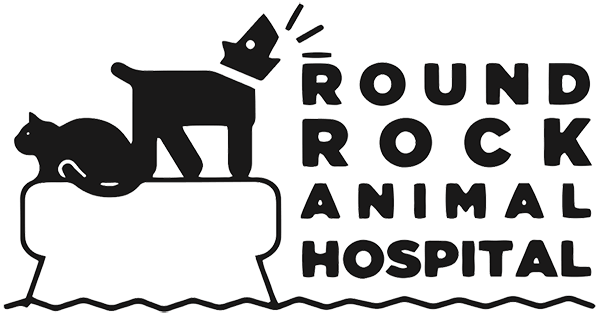At some point in your pet’s life, they may need a surgical procedure. Whether your pet is having elective or emergency surgery, you can rest assured that our staff will provide the very best care possible. Our experienced team is here to guide you through this emotional process and make sure your pet is safe and comfortable.
If you’ve noticed anything unusual, like lumps, bumps, or changes in your pet’s behavior, it’s always a good idea to have it checked out. Sometimes, these signs might mean your pet needs a little extra help, and that’s where we come in. Our caring and experienced veterinary team will evaluate your pet’s health, answer any questions you may have, and reassure you every step of the way. If you’re worried about your pet or just need some advice, give us a call. We’ll work together to keep your pet happy, healthy, and right by your side.

.jpg?width=800&height=800&name=puppy%20exam%20in%20exam%20rood%20(1).jpg)
.jpg?width=1158&height=1486&name=dog%20and%20kitten-homebanner%20(1).jpg)

